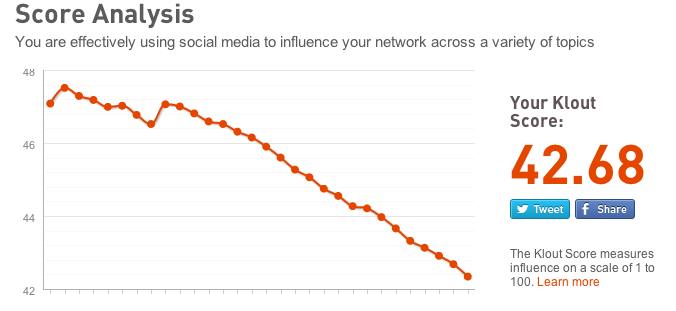The Value In Dashboards
Recently while attending an event for founders in New York City I pitched my product just like any entrepreneur would do when they are asked the question: “What do you do?”
I happened to meet Jeremy Mims, founder of OwnLocal and FrogMetrics. As we were talking about Glider, I had briefly mentioned that I have always been fascinated by company’s such as Mint.com and Chartbeat because they solved problems by building a sleek and easy to use dashboard. Their formula for a successful product seemed so simple: Take a bunch of unorganized data and present it nicely. I wanted follow the same steps with email data and Glider.
Jeremy immediately said to avoid building a complex dashboard. And I asked with confusion: “Buy why?” He responded: “Dashboards are only useful when things go wrong.”
Now think about one of the dashboards you encounter most frequently… Your car dashboard. It’s useful to make sure that you are not speeding and that you are not running out of gas. You check the clock to make sure you’re not running late, change the radio station when you hear a song that you don’t like, etc.. The same reasoning can be applied to just about any dashboard that you interact with on a routine basis. If things aren’t going wrong, or if the data doesn’t change, then users will not return on a routine basis.
Here’s an excellent example: Companies such as Klout do an awesome job of making you feel like your influence is constantly going down, and this forces users to routinely check the score and look for improvements.
Using this reasoning, I went back to the drawing board for a Glider dashboard with two key items in mind for creating a dashboard:
- Needs to show only the most important metrics. (They tend to be the metrics related to your time or money.)
- Needs to convey specific action items in order to change the data.
In other words, the dashboard in itself is not useful unless users can take action based on the data. Keep an eye out for the new Glider dashboard by submitting your email here: glider.io.

